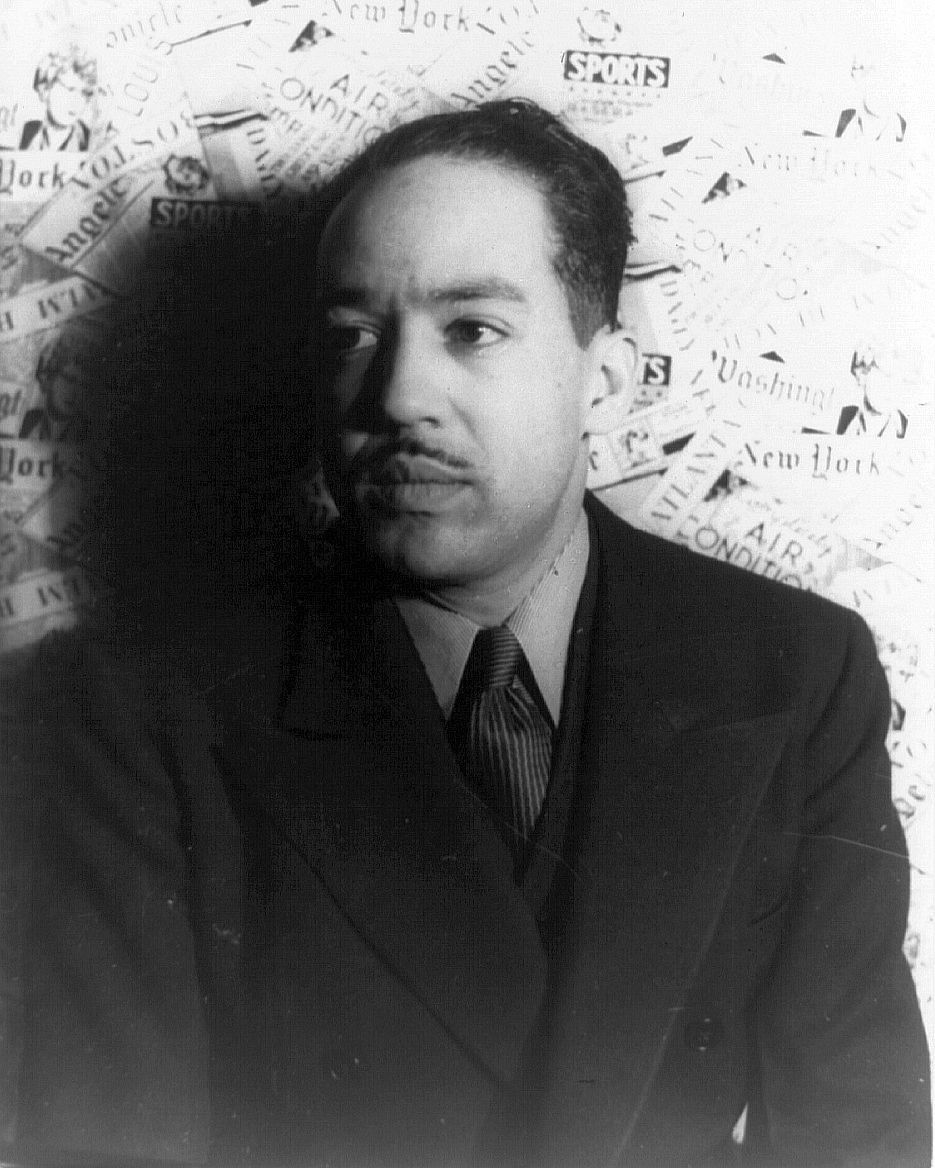So here we are. It’s 2021 in America. After a brutal 2020, is there a chance that now, finally, we can begin to become the America that realizes the ideals our forefathers dreamed up? The America where “We the people” established the U.S. Constitution?
Consider those lofty goals “...to form a more perfect Union, establish justice, ensure domestic tranquility… promote the general Welfare, and secure the Blessings of Liberty to ourselves and our…” children.
Is the America where we pledge allegiance to the flag, the Stars and Stripes, “and to the Republic for which it stands, one nation, indivisible, with liberty and justice for all” within reach?
Our Democratic Republic is so young—nearly 245 years since the creation of the Declaration of Independence—and only 234 years since the ratification of the Constitution. And despite the reality of slavery and the oppression of women at America’s founding, there are words in both the Declaration and the Constitution indicating that equality was an important concept to our forefathers.
Virginia abolitionist Moncure Conway noted that Thomas Jefferson’s enduring reputation as a would-be emancipator was problematic. He noted scornfully, “Never did a man achieve more fame for what he did not do.” But Jefferson’s words remained on paper, creating a vision of equality in our founding documents.
They inspired Black leaders and writers like Langston Hughes who challenged us in his poem “Let America Be America Again” calling:
“...O, let America be America again—
The land that never has been yet—
And yet must be—the land where every man is free…”
So, my fellow Americans, do you believe in freedom and equality? Do you believe everyone should be afforded the same basic access to life, liberty, and the pursuit of happiness? Do you think organizations “We the People” charter through payment of our taxes should treat all of us fairly? Do you also think these basic principles should include access to clean air and water? Do you believe our children should be educated with similar goals and outcomes, in safe buildings that don’t have lead in the water, and are properly heated or air conditioned?
These are simple questions. Hopefully most people do believe in these core American principles of freedom and equality.
But after 2020 with the higher COVID-19 deaths among Black and Brown Americans, and the many documented and publicized killings of people like George Floyd, Breonna Taylor, and Ahmaud Arbery, we can no longer pretend our America is anything but unequal.
For many Tri-Citizens, the Black Lives Matter protests were one of the few good things that came out of 2020, because they forced us to look in the mirror, and examine these issues. Standing shoulder-to-shoulder with our Black, Brown, Indigenous, and other People of Color (BIPOC) neighbors gave us a chance to hear their stories of lived experiences here in the Tri.
To their credit, the Tri-Cities Regional Chamber had begun to address issues of diversity and inclusion by hosting a Diversity Summit in 2019. It was well received and a great start to a conversation that is long overdue in our area. In 2020, their virtual summit featured both local and guest speakers addressing with sessions titled: Racial Equity and Reconciliation, Citizen-Law Enforcement Relations, Child Well-Being and Education Equity, Economic Inequity and Opportunity, and lastly, Diversity, Equity & Inclusion.
The videos are still online at the Regional Chamber website. The diverse set of speakers had open discussions and addressed many hard truths head-on. Hopefully, many local leaders participated and will begin to work for real change.
Unfortunately, some locals are in denial. They claim there is no racism in the Tri. Even some who call themselves progressive are skeptical that local police treat BIPOC differently. They assume realtors, builders, and contractors treat everyone equally. They assume bars and restaurants serve BIPOC patrons with the same attention and courtesy as white customers.
However, the lived experiences of BIPOC Tri-Citizens are rife with racist incidents, comments, and maybe even threats. Indeed, this writer has heard people refer to the Tri as the most racist place they’ve ever lived.
So, what if we document racism in the Tri? What if we catalogue the variety and degree of discrimination? What if the data gathered were presented during public comment at various council and commission meetings, to the school boards and police departments? What if—bolstered by data documenting lived experiences— employees could push their employers harder for real support and change?
The Tri-Cities Diversity & Inclusion Council, Latino Community Fund of Washington, and other organizations have partnered to create a survey intended to do just that. It’s available in English and Spanish and will remain open for data gathering through March.
https://docs.google.com/forms/d/17jUwZRyxpsmkNwP_JBmRTdCl2MDmH6t7vBO6KqV8yp0/edit
Please share it with friends, family, and colleagues across the Mid-Columbia region. BIPOC readers and those with BIPOC children or partners are encouraged to take the survey. It is accessible more than once from a single IP address, so adults and children in the same household can respond individually. Students as young as 6th grade are encouraged to take the survey themselves, and parents can share any experiences their younger children may have had.
Let’s get an idea of where the problems are so we can come together as a community to address them head-on.
Ginger Wireman is an environmental educator teaching about Hanford cleanup in her day job. She is an active volunteer working to dismantle systemic racism in urban planning, focusing on the intersection of environmental justice and climate change because BIPOC are disproportionately harmed by climate injustices.
Twitter: @Sagehugger
Instagram: Ginger_Sage_Sky
Langston Hughes 1936 photo by Carl Van Vechten, courtesy of Library of Congress Prints & Photographs Online Collection.


